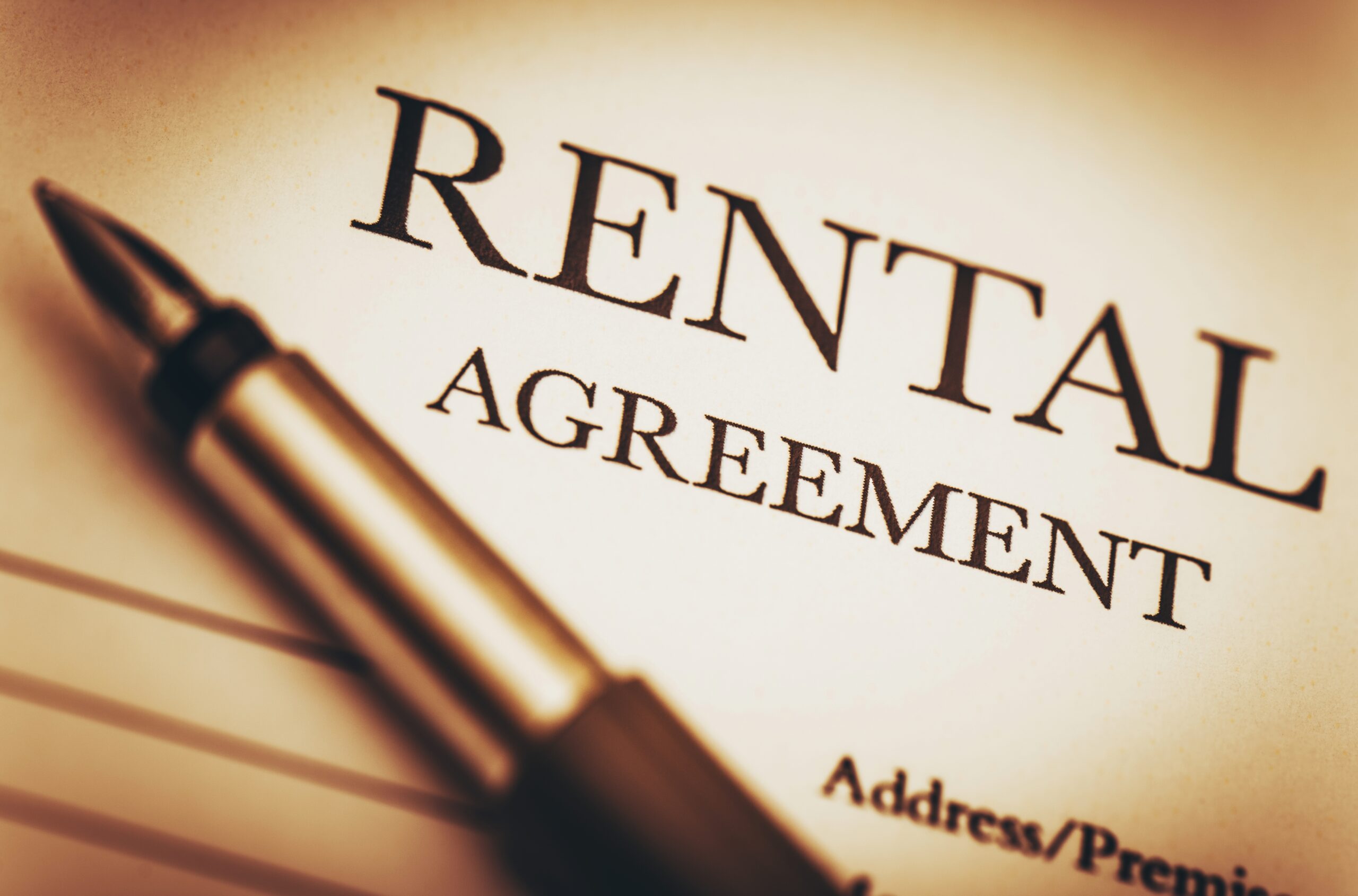New York City’s rental market operates under one of the most complex regulatory frameworks in the country. For property owners, staying informed about evolving regulations is essential to ensure compliance and avoid costly penalties. Recent legislative updates, particularly the introduction of the Good Cause Eviction Law (GCEL) and amendments to existing rent stabilization rules, have added new layers to property management. Here’s an overview of key NYC rental regulations and recent updates that property owners should know.
Key Rental Regulations in NYC
- Rent Stabilization and Rent Control:
- Rent-stabilized units are subject to specific guidelines set by the NYC Rent Guidelines Board, limiting annual rent increases.
- Rent-controlled units, though rare, are regulated under stricter caps based on a tenant’s maximum collectible rent.
- Lease Renewal Requirements: Property owners of rent-stabilized units must offer tenants renewal leases unless the property falls under exemptions, such as owner-occupancy or demolition plans. Specific notices are required to terminate tenancies under these exceptions.
- Building Registration: Owners of rent-regulated properties must file annual registration statements with the Department of Housing and Community Renewal (DHCR). Failing to comply can result in financial penalties.
Recent Legislative Updates
- Good Cause Eviction Law (GCEL): Effective in 2024, the GCEL applies rent increase limits to many units not previously covered by stabilization laws. A rent increase exceeding the lesser of 10% or a regional inflation benchmark (based on CPI) is presumed unreasonable unless the owner can justify the increase with documented expenses like property taxes or significant repairs. This law also requires landlords to justify non-renewals of leases under specific conditions, such as personal occupancy or tenant violations.
- Removal of the “First Rent Rule”: Owners can no longer reset rents to market rates after substantial rehabilitation of buildings. Instead, they must apply for DHCR certification of an exemption based on these improvements. This marks a significant departure from past practices.
- Enhanced Notice Requirements: Landlords must now provide tenants with explicit disclosures about whether a unit is subject to the GCEL or other rent regulations. Notices for rent increases or non-renewals must meet stricter content and timing requirements.
- Affordable Housing Incentives: To address NYC’s housing crisis, the new 485-x tax program incentivizes developers to create affordable housing units. Properties participating in this program must allocate a percentage of units to households earning below a set Area Median Income (AMI).
- Tenant Protections: Recent laws clarify tenant rights, such as immunity from eviction due to rent disputes if the increase is deemed “unreasonable.” Additionally, landlords are prohibited from exploiting loopholes to deregulate units improperly.
Implications for Property Owners
- Administrative Compliance: With increased documentation requirements, such as DHCR certifications and detailed tenant notices, landlords must adopt meticulous record-keeping practices to avoid litigation or penalties.
- Revenue Planning: The GCEL’s rent cap limits landlords’ flexibility in responding to rising operational costs. Property owners should proactively evaluate potential rent adjustments within the new constraints.
- Legal Consultation: The evolving legal landscape, coupled with ambiguous provisions (e.g., calculating fair market rents post-vacancy), may require landlords to seek expert legal advice to ensure compliance and protect property investments.
Conclusion
As NYC continues to refine its housing laws to balance tenant protections and affordable housing goals, property owners must adapt to new legal and operational realities. Staying informed and seeking expert guidance can help navigate these complexities, ensuring compliance and profitability.
For detailed guidance on NYC rental regulations, consult legal resources or contact the DHCR. This proactive approach can safeguard against the challenges of managing properties in one of the most regulated rental markets in the U.S.

